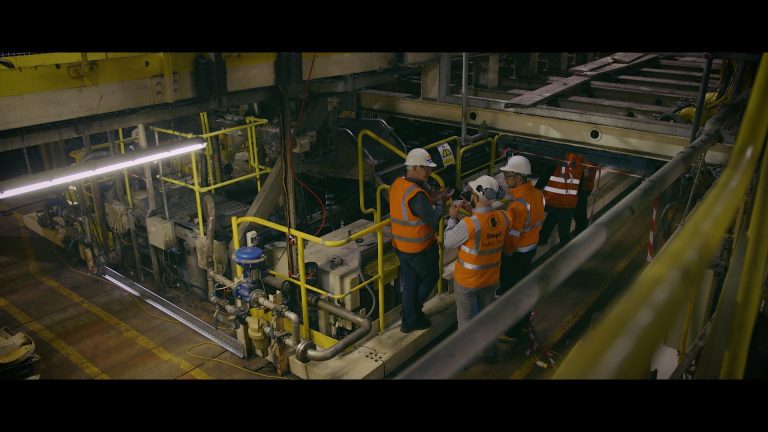TODD Architects has announced a number of internal team promotions that have created seven new Associates with specialisms across a range of sectors, including office, residential, healthcare, education, retail and aviation. “These well-deserved promotions are part of our continued succession and business development plan, rewarding talent and experience and creating career opportunities to keep those skills within the practice. These promotions will help us deliver our collective aim to empower future leadership by investing in our team,” said MD Paul Crowe. Michael Burns has over 20 years’ experience and has completed some of TODD’s most acclaimed buildings, including INI Belfast HQ and Queens University’s library tower. He is currently leading the delivery of major office developments in Belfast and Brighton. Martin Wylie has been working at TODD since 2015, with extensive experience in the design and construction of offices, apartments, educational, and healthcare buildings. He is currently engaged in a number of high profile schemes including the Gate, a 20 storey student residential development in Sheffield. John Palmer is based at TODD’s Dublin office, and is responsible for all aspects of project delivery spanning a range of sectors including residential, healthcare, education and commercial and custodial. John has a specialist interest in Passivhaus standards, energy conservation and green building technologies. Brona Marshall has over 20 years’ experience working on projects in sectors including commercial, aviation, media, sports and particularly education. Brona has recently been involved in a master planning development project for Bristol Airport that will facilitate the anticipated capacity increase in passenger numbers initially to 12 million passengers per annum. With over 13 years’ experience across multiple sectors including healthcare, education, commercial and residential, Jonathan Thompson has a wide experience working with clients, contractors, sub-contractors and regulating authorities across the UK, Ireland and the Middle East. Jonathon is leading the design of Queens University’s prestigious new School of Management building. Having joined TODD’s in 2012, Bobby Moore has become an integral part of the practice’s education team, regularly working on feasibility studies, competitions and tender submissions. Currently Bobby is working on Holy Family Special needs school in Cootehill, County Cavan where the Taoiseach, Leo Varadkar has just cut the first sod. Heading the residential housing team, Shaun Hegarty has more than 17 years of experience in the area and has completed a multiplicity of schemes for both private sector and Housing Association clients. Shaun also fronts TODD’s involvement in the RNLI framework, supporting RPS on the delivery of works to the RNLI’s coastal and inland lifeboat stations throughout Ireland and Scotland.











